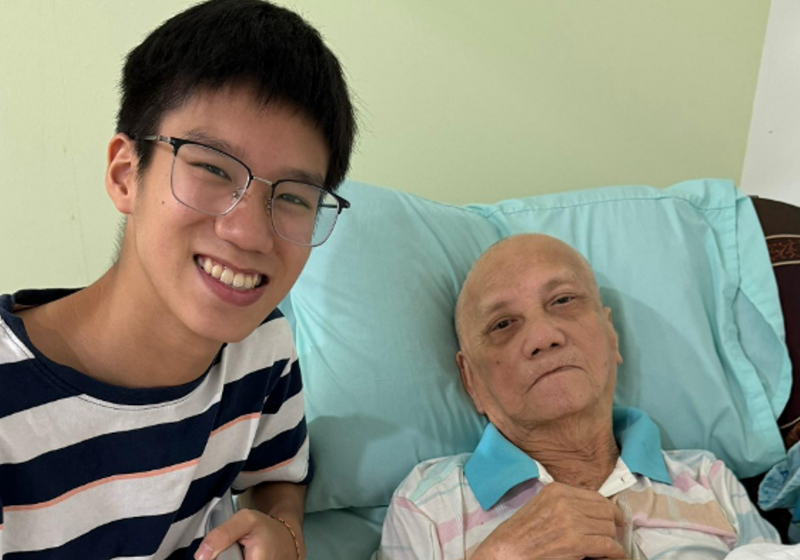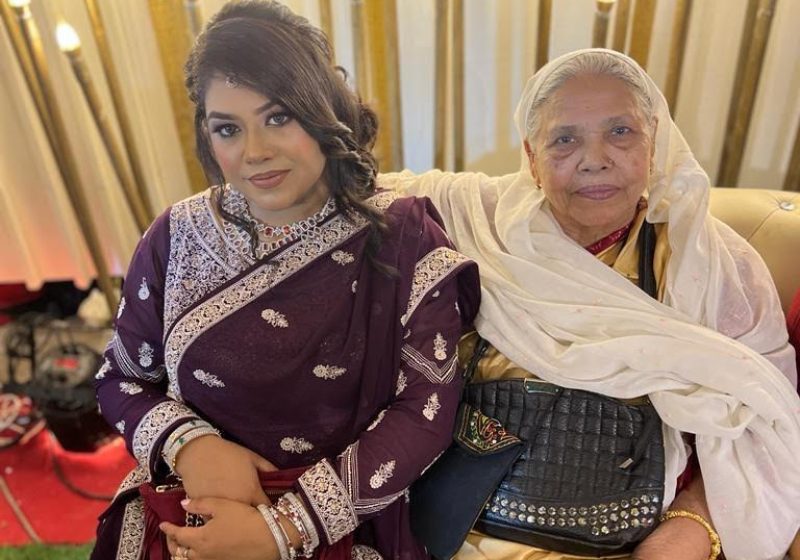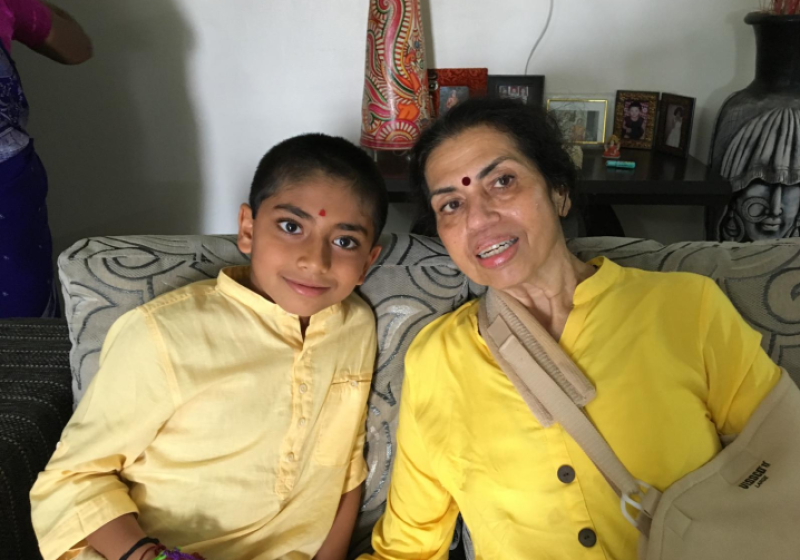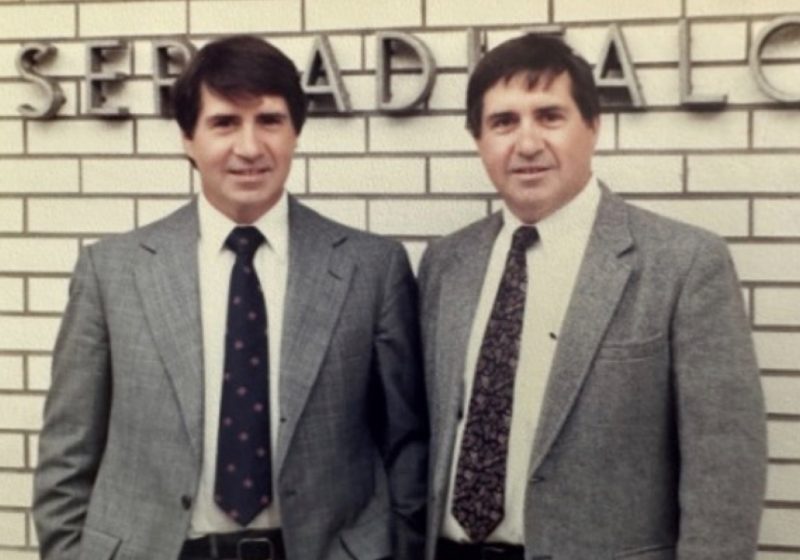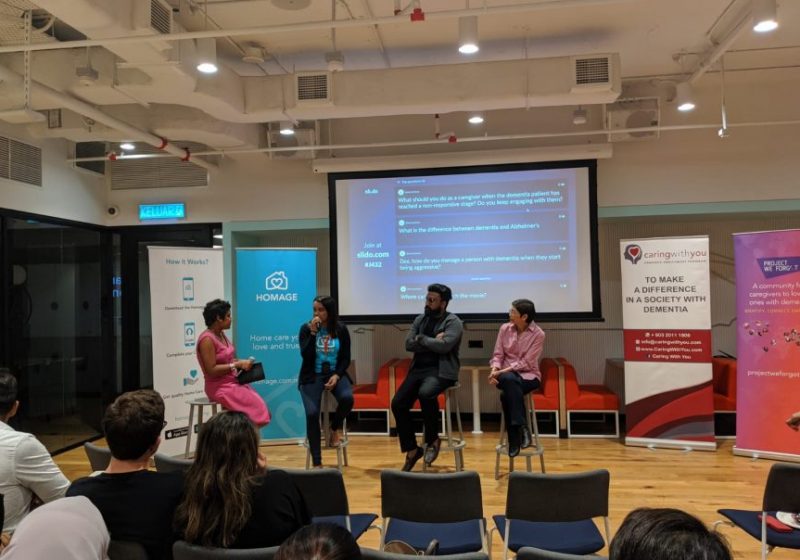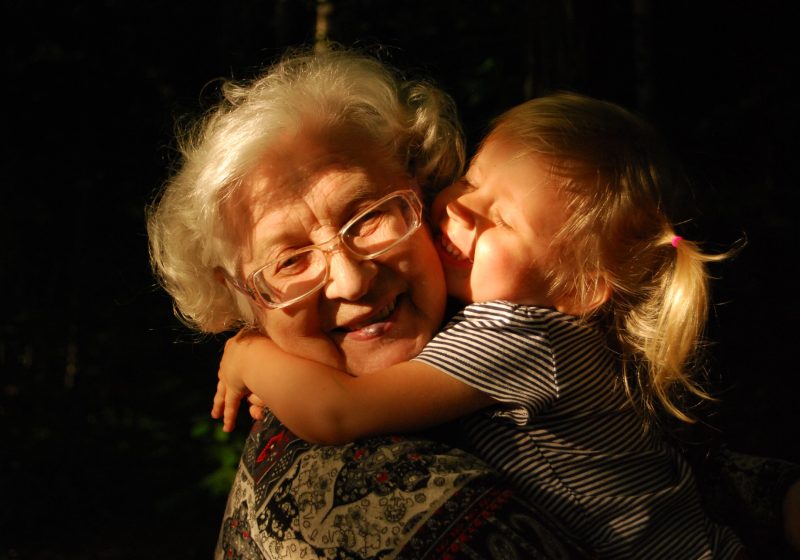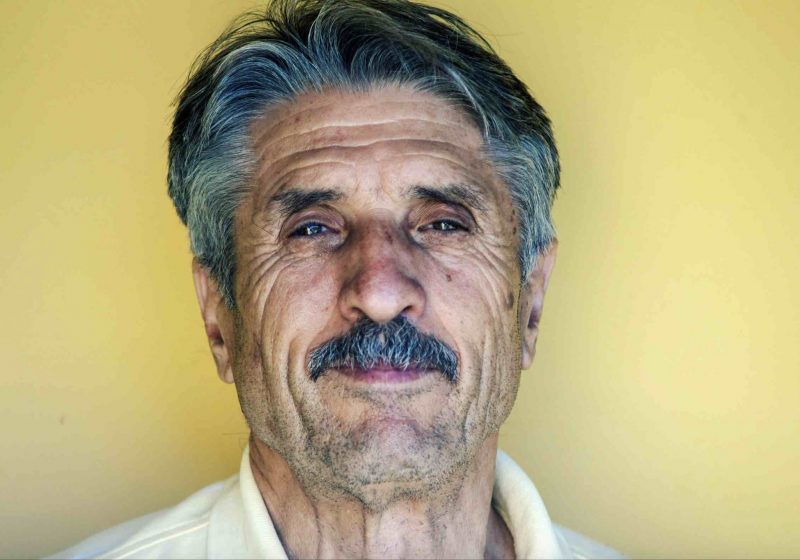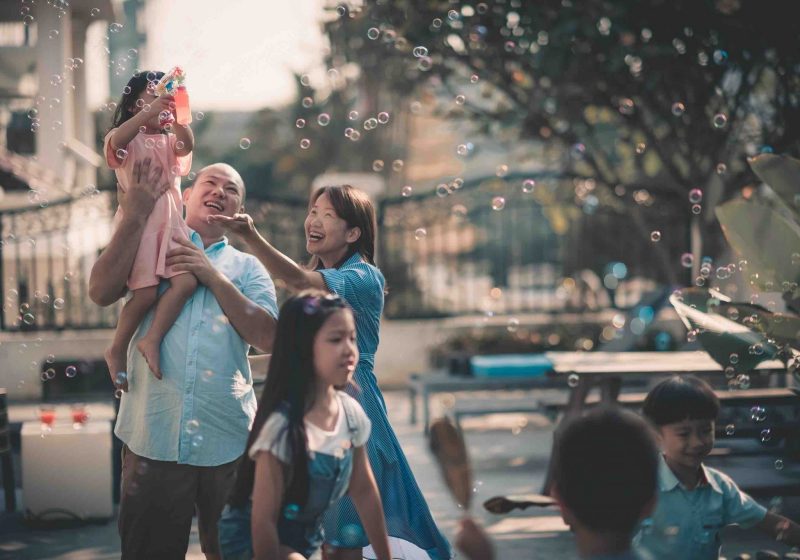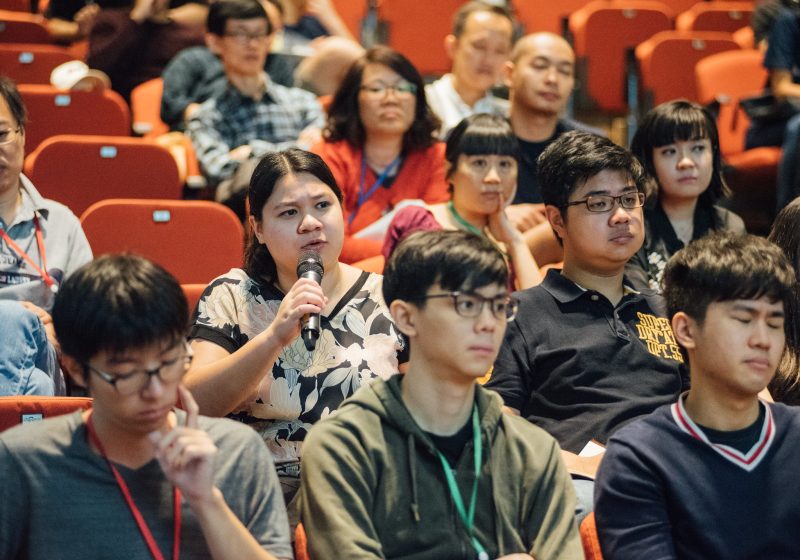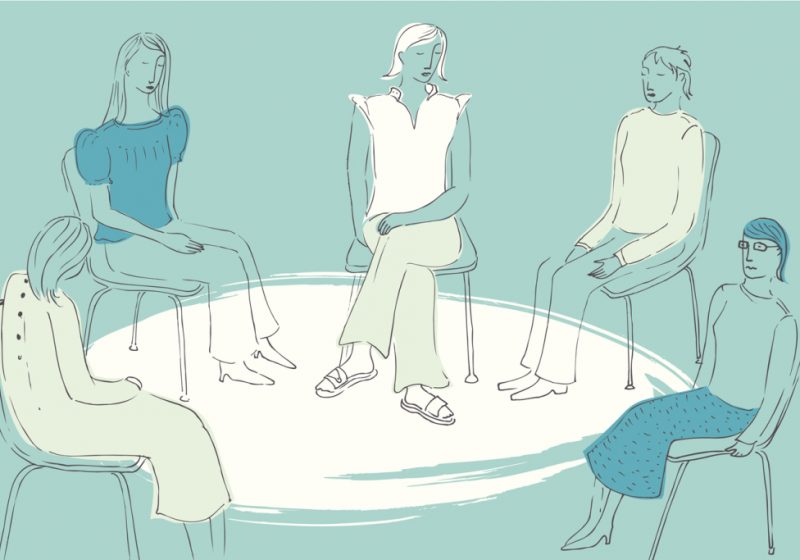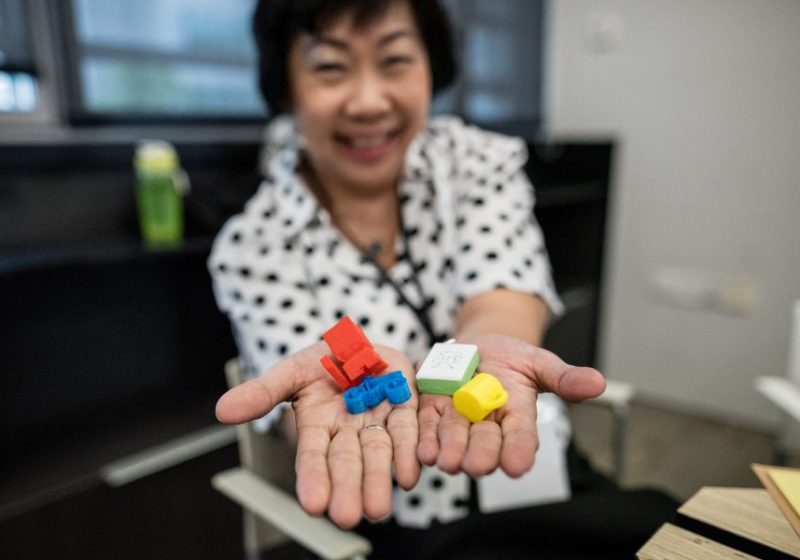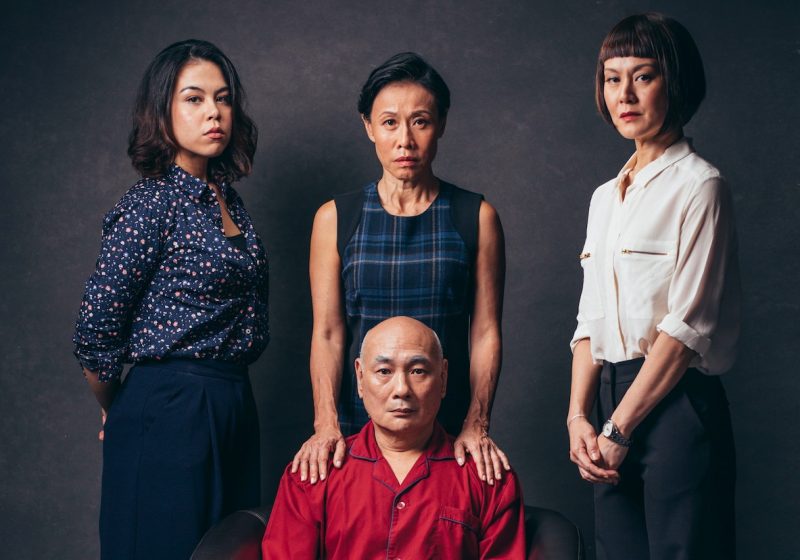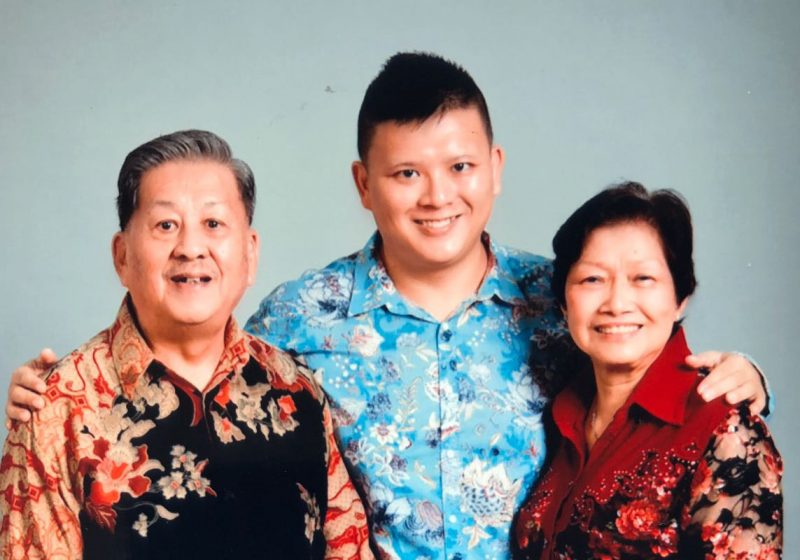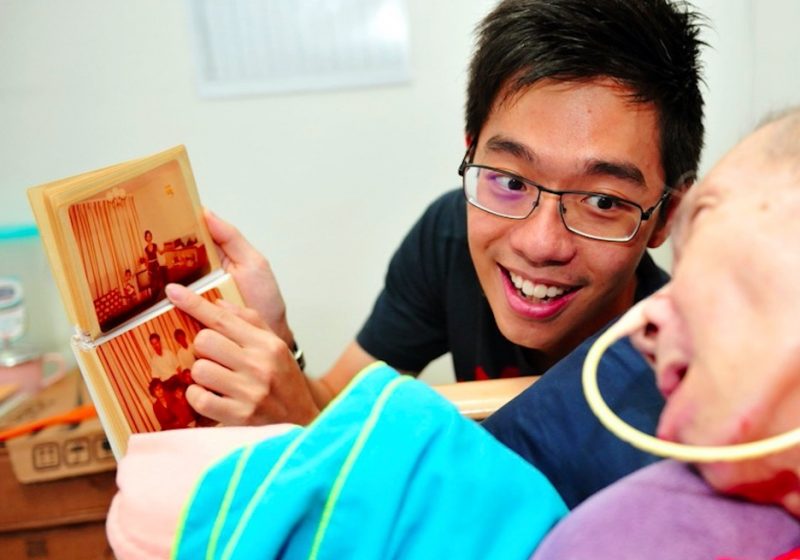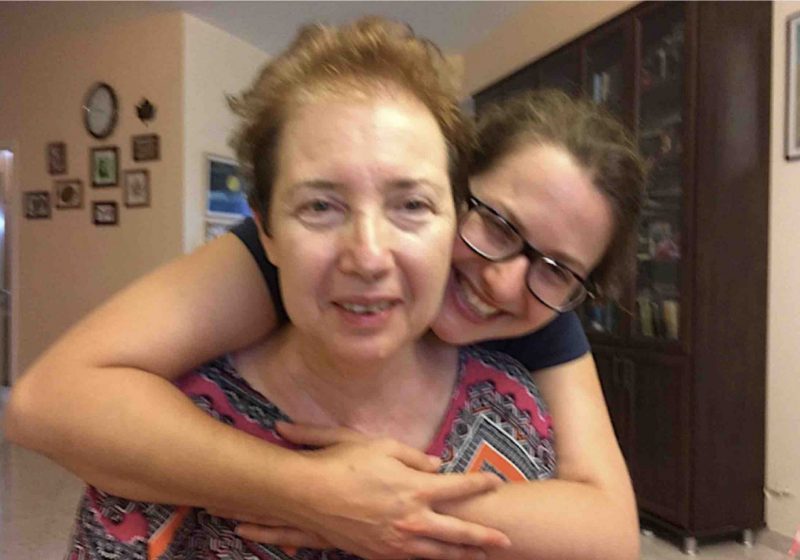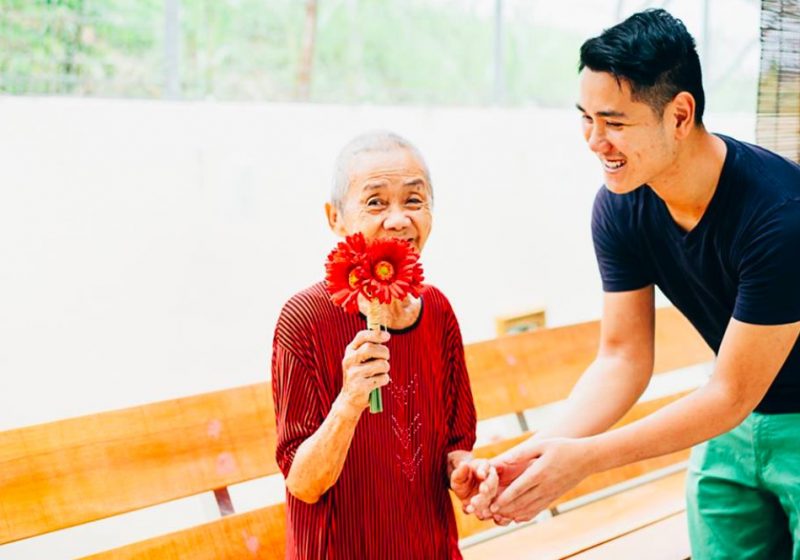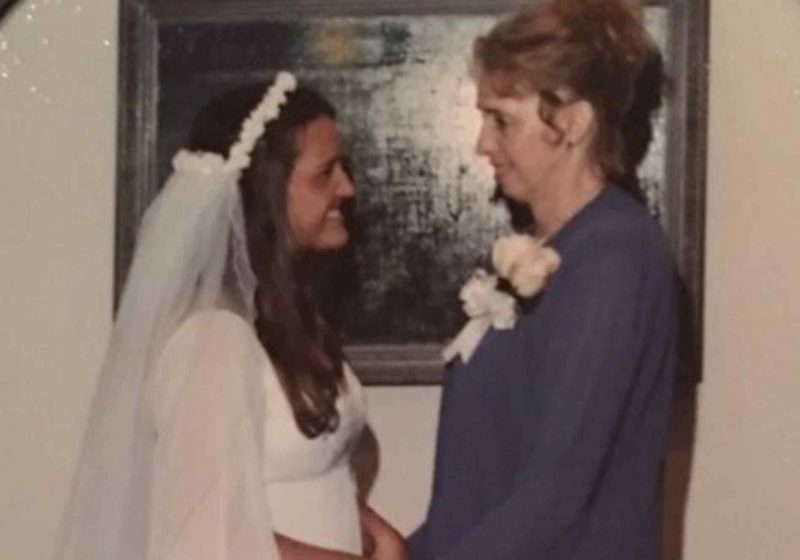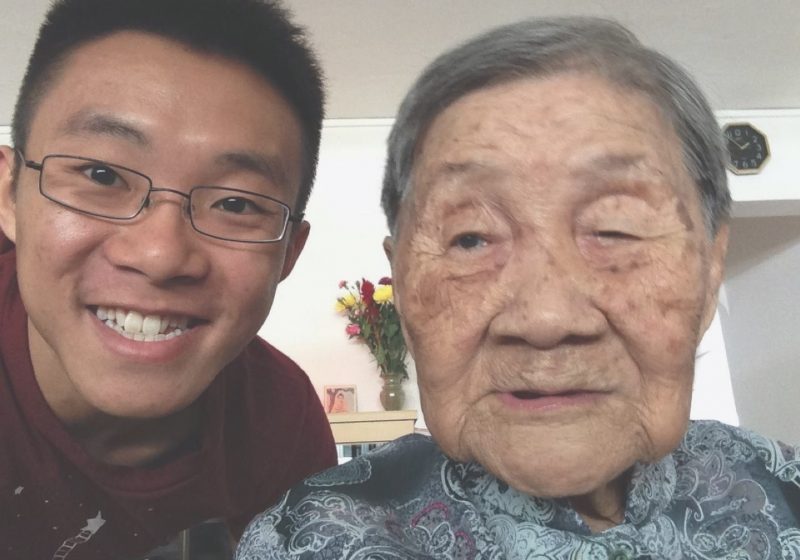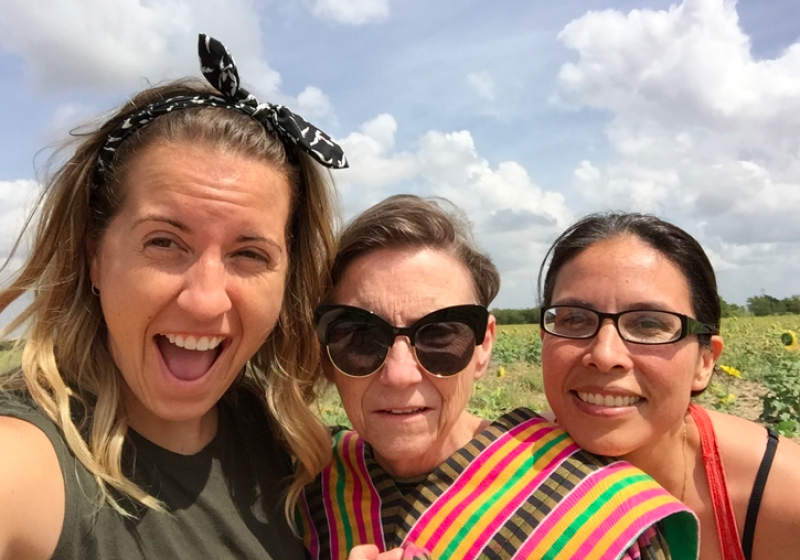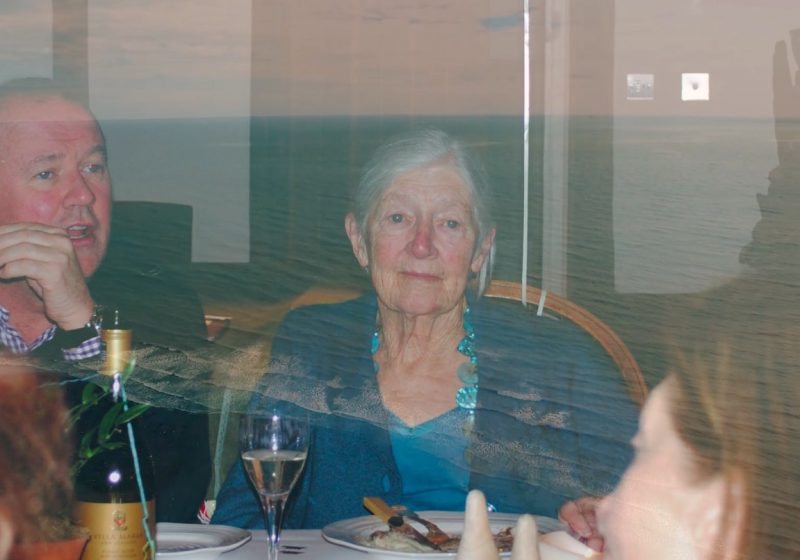A Perspective: What does Daryl Kho’s Mist-Bound tell us about intergenerational relationships in our world today?
By Aaliya Syeda
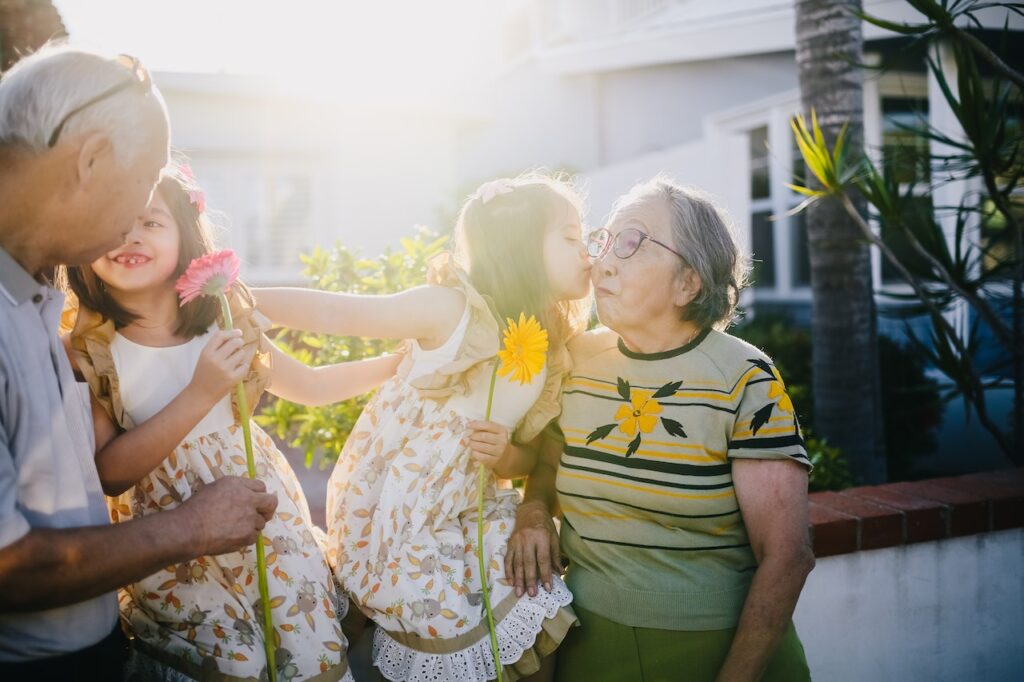
A powerful lesson on intergenerational relationships
Inspired by his own experiences of his dad’s dementia, his mom’s strength and his daughter’s empathy, Daryl’s book follows a young girl named Alexis through an adventure-filled journey of searching for funky magical ingredients needed to restore her grandpa’s memories. Ultimately, the key ingredient happens to be the love of one’s family – the everlasting bonds between grandparents, parents and grandchildren that keep a family glued together when memories start to get lost within the mists.
Based on a simple story, Daryl teaches us a powerful lesson regarding intergenerational relationships in our world today, prompting us to think about the changing nature of grandparenting in the era of technology, distractions, and crumbling family structures.
“My Pa would regale me with the tales from his past travels and fill me with quotes and sayings that’ve stuck with me like guideposts for my life,” reminisces Daryl Kho, author of children’s book “Mist-Bound – How to Glue Back Grandpa”.
Once upon a time (not too long ago), being a grandparent meant churning out stories after stories to tell your grandchildren while they listened with unwavering fascination and a tireless appetite for more. The relationship between two generations were built on foundations of unconditional love, trust, patience and the occasional amiable banter.
Through these essential ingredients, which grandparents often provide in abundance, we were able to cultivate mutually rewarding relationships that transcended generational disconnects or a diagnosis of dementia. In Mist-Bound, this is exactly the kind of relationship Daryl portrays between Alexis and her grandmother – the kind he wishes he could recreate in real life between his mother and daughter, but acknowledges that the geographical distance unfortunately widens the chasm between them.
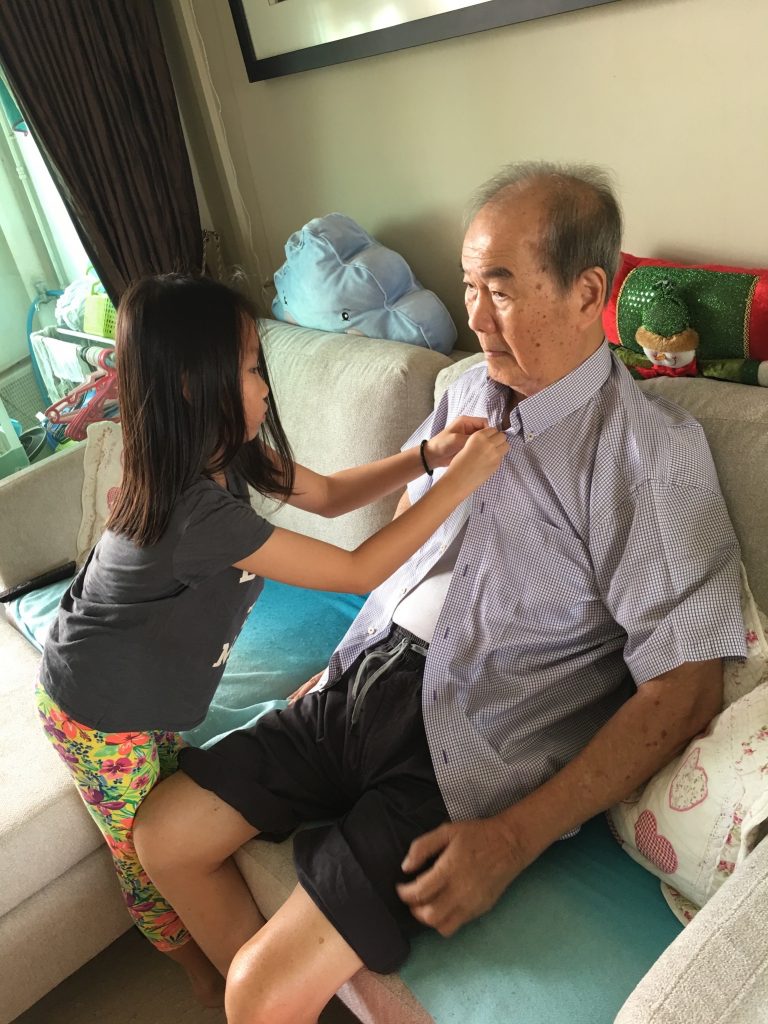
Common ground is what is needed
Nowadays, as social and demographic factors reshape our family structures, grandparents and grandchildren rarely get to spend quality time together with the exception of holidays and special occasions. Young people are typically preoccupied with the growing demands of their day-to-day lives while older people succumb to the monotony of theirs.
A mere phone call and a few fleeting exchanges of verbal affection is what defines the previously unique bond between grandparents and grandchildren. Ultimately, it is due to insufficient interactions and lack of opportunities to create memories that the generational gap not only persists, but becomes harder and harder to bridge. So what can we do about this?
“Common ground is what is needed. And like farmland, that is something that needs time, patience, and hard work to nurture and grow” says Daryl. This can only be created when one party has genuine interest in the other, whether it is taking the time to understand your grandparent’s past hobbies or telling them about yours. In Mist-Bound, the story unfolds with Alexis and her grandfather going on a walk together, which is also a great way to foster meaningful and wholesome relationships in real-life.
It isn’t just the value of familism that keep us tied to our grandparents, but the instinctive bond that develops between an older person and a child.
Reviving joy for persons living with dementia
These days, we are so accustomed to superficial interactions that we often forget to ground ourselves and enjoy these kinds of moments with our grandparents. In reality, we are the ones missing out on the warmth emanating from these interactions – one that simply cannot be replicated. When taking part in shared activities, the two generations seamlessly connect and complement each other like two melodies, as the elderly are motivated by the youthful energy of the children and the children can benefit from their wisdom and life lessons.
There’s an old saying: “old age is like a second childhood”. Perhaps this is why the bond between grandparents and grandchildren is so unequivocally special, and worth trying to preserve in our generation. It isn’t just the value of familism that keep us tied to our grandparents, but the instinctive bond that develops between an older person and a child. Such intergenerational relationships not only transcend a diagnosis of dementia, but can also be a way of sustaining the quality of life of persons with dementia (PWDs) and reviving the joy in their lives.
Unfortunately, as we live in a society that is rapidly ageing, there are a vast number of misleading assumptions, myths and negative stereotypes about growing older that continue to be widely reinforced. Such unconscious biases may also manifest themselves in our interactions and attitudes towards the elderly. Children however, remain unbiased and non-judgmental. It is this beautiful trait of the younger generation that enables them to better appreciate the seniors around them and make them feel empowered and regarded as equal members of society.
Therapeutic interventions for persons with dementia
Today, the importance of therapeutic interventions for persons with dementia is almost unrefuted. As we start to acknowledge the power of non-pharmacological therapies such as music and art in the lives of PWDs, it is also time to recognize the power of connections. Research has shown that people living with dementia often demonstrate a higher level of positive engagement and overall enthusiasm when interacting with the younger generation.
This is because children bring the joy and laughter that may otherwise be lacking in their lives. The interactions between them not only boost their moods but can also be an effective way of helping PWDs reconnect with the present moment, or even recall things from the past, as spending time with younger kids taps into memories of when they were parents themselves.

Some of us tend to forget that those with dementia are still people who have unique stories to share and character unlike any other – who simply need to be interacted with on a human level. For children, these interactions come naturally to them, as they haven’t yet grasped the meaning behind a diagnosis of dementia nor find it important to do so. For PWDs, interacting with children gives them a sense of purpose, as they are motivated by the wonder and enthusiasm that they see in them and thus more willing to contribute to activities.
At the end of the day, it is a two-way street. Studies have shown that interacting with older adults has also reaped significant benefits for the children involved, such as decreased behavioural issues and improvements in their social development. These benefits are multiplied when intergenerational relationships are naturally cultivated within the family. As Daryl suggests, families should consciously carve out time for shared activities and spend quality time together where parents can even act as mediators to help nurture the relationship between grandparents and grandchildren. This is a vital part of creating a more dementia-friendly generation.
Daryl’s book Mist-Bound not only aims to highlight the importance of familial ties in the face of adversity, but also increase our appreciation for the elderly and the power of their stories.
Daryl’s book Mist-Bound not only aims to highlight the importance of familial ties in the face of adversity, but also increase our appreciation for the elderly and the power of their stories. This is because grandparents are ultimately the “glue” that keeps a family together and preserves their collective identity. Therefore, regardless of a diagnosis of dementia, Daryl reminds us to value our elders while they’re still around, because “when an old person dies, a library burns to the ground”. Today, in our fast-paced and rapidly ageing society, intergenerational relationships are more important than ever, and we must all be reminded to go borrow the books from their libraries and seek out the stories from their minds before it’s too late.

And in Daryl’s own words: “when everything else fades away into the mist, all that remains is family.” So perhaps the next time we find ourselves unconsciously neglecting our grandparents or parents, let us remember the times they made us feel loved and cared for, and do the same for them, without seeking anything else in return.
Daryl’s book Mist-Bound: How to Glue back Grandpa is available in all major bookstores. Visit darylkho.com for more info on the book!


